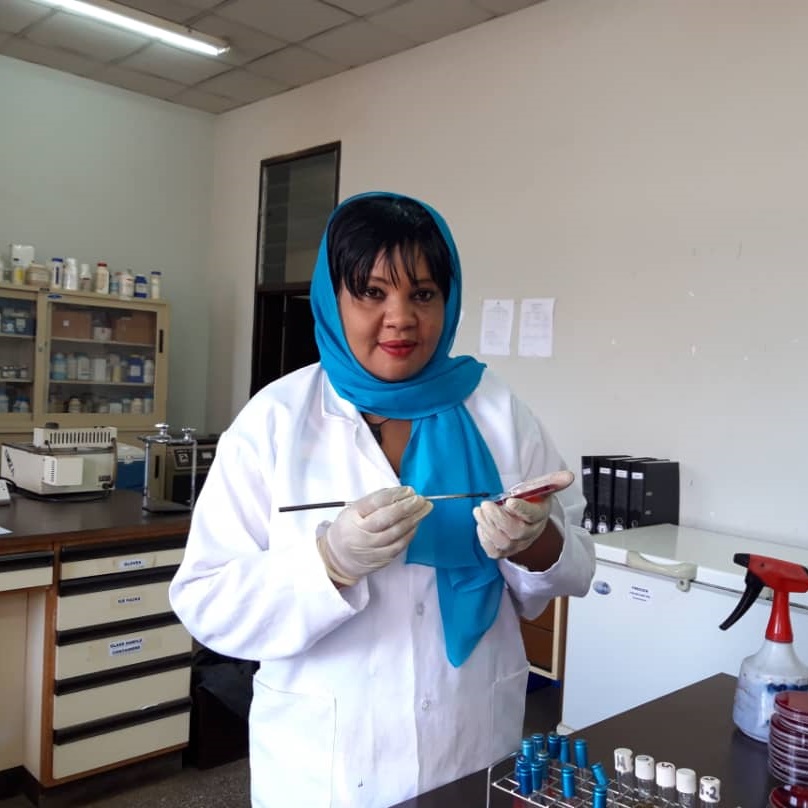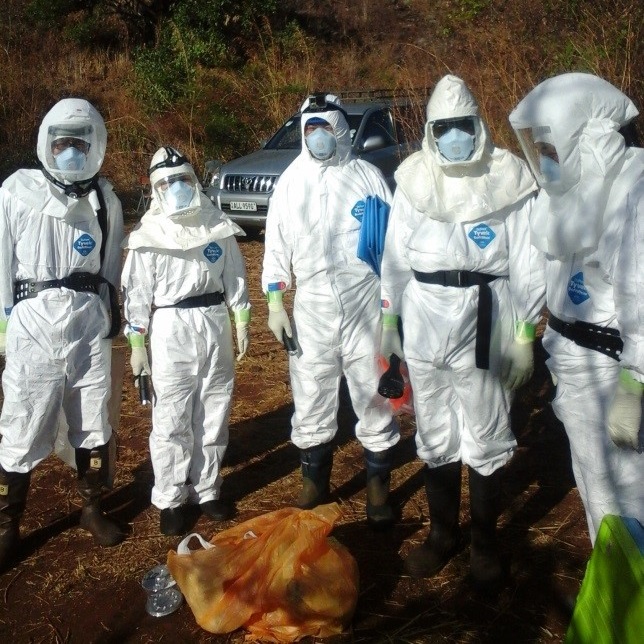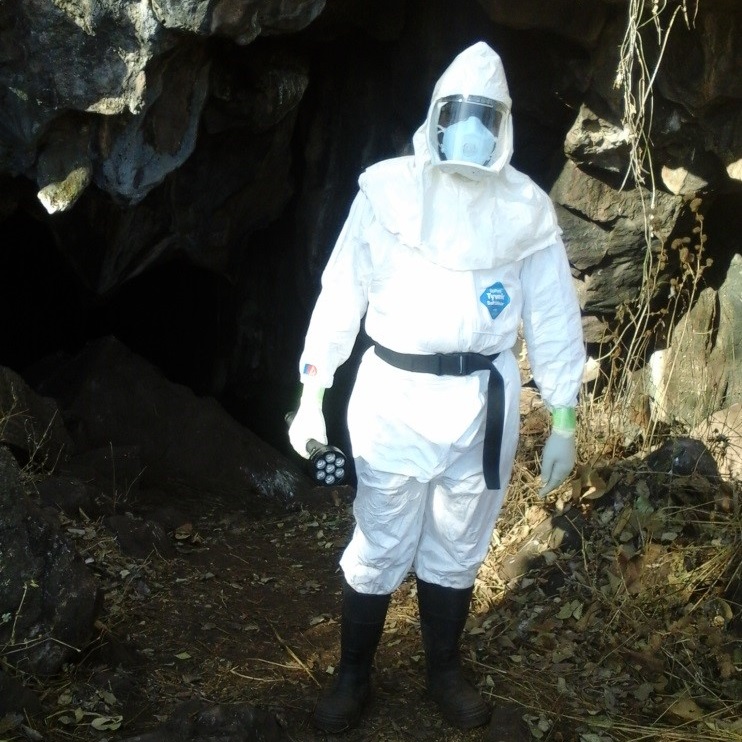
About ACEIDHA
Africa Centre of Excellence for Infectious Diseases of Humans and Animal (ACEIDHA) was launched on 25th April 2018 by Minister of Higher Education, in order to increase capacity to tackle increasing challenges of emerging infectious diseases affecting both humans and animals. This was formed through the World Bank loan to the Republic of Zambia. The Centre is anchored at the University of Zambia in the School of Veterinary Medicine.
ACEIDHA’s main objective is to develop research capacity and improve the training of academic staff and students with the focus centered on research into infectious diseases which affect both humans and animals, such as bird flu, Ebola, tapeworms, Brucellosis, Anthrax, and others.
Objectives
The Zambian Government obtained a loan worth $6 million from the World Bank for the creation of ACEIDHA at the University of Zambia (UNZA), School of Veterinary Medicine. The center is financed via a Programme for Results (PforR) operation whereby specific contracts or expenditures are not financed directly but rather, they finance results. The PforR approach focuses on supporting an entity (ACEIDHA in this case) in achieving sustainable development results, strengthening institutional capacity, and enhancing the effectiveness and efficiency of its programs. Disbursements are made on the achievement of results that are specified by the operation’s Disbursement Linked Indicators (DLIs). To achieve the results of the PforR Program, ACEIDHA undertakes activities and actions identified in its implementation plan and actualized in its annual work plans.



The mandate of ACEIDHA is the delivery of high-quality research and training at MSc and Ph.D. levels to students in Africa, so as to reduce the identified critical shortage of skilled human resource in the prevention and control of infectious diseases on the continent.
The increased reports in sub-Saharan Africa (SSA) of emerging and zoonotic diseases, such as influenza, Ebola virus infections, Rift Valley fever, pneumonic plague, leptospirosis, anthrax, tuberculosis, trypanosomiasis, and neglected tropical diseases (NTDs) is of major public health concern. This is an indication that new measures are needed to urgently contain the risk posed by these diseases. Some of these diseases, such as influenza, tuberculosis, and plague have occurred in the sub-region. Most recent examples include the discovery of highly pathogenic Old World arenavirus (Lujo virus) following air transport of a fatally ill patient from Zambia to South Africa. There has also been a geographic expansion of Zaire ebolavirus associated with severe and widespread outbreaks of Ebola virus diseases in West Africa in 2014. Furthermore, numerous outbreaks of arthropod-borne viral infections including large outbreaks of Rift Valley fever in humans and livestock in South and East Africa, dengue outbreaks in Angola, Kenya, Tanzania, and Mozambique have been reported. The occurrence of these diseases has high health and socio-economic impacts, and pose serious bio-safety and biosecurity challenges.
The mandate of ACEIDHA is the delivery of high-quality research and training at MSc and Ph.D. levels to students in Africa, so as to reduce the identified critical shortage of skilled human resource in the prevention and control of infectious diseases on the continent.
The increased reports in sub-Saharan Africa (SSA) of emerging and zoonotic diseases, such as influenza, Ebola virus infections, Rift Valley fever, pneumonic plague, leptospirosis, anthrax, tuberculosis, trypanosomiasis, and neglected tropical diseases (NTDs) is of major public health concern. This is an indication that new measures are needed to urgently contain the risk posed by these diseases. Some of these diseases, such as influenza, tuberculosis, and plague have occurred in the sub-region. Most recent examples include the discovery of highly pathogenic Old World arenavirus (Lujo virus) following air transport of a fatally ill patient from Zambia to South Africa. There has also been a geographic expansion of Zaire ebolavirus associated with severe and widespread outbreaks of Ebola virus diseases in West Africa in 2014. Furthermore, numerous outbreaks of arthropod-borne viral infections including large outbreaks of Rift Valley fever in humans and livestock in South and East Africa, dengue outbreaks in Angola, Kenya, Tanzania, and Mozambique have been reported. The occurrence of these diseases has high health and socio-economic impacts, and pose serious bio-safety and biosecurity challenges.


The research and educational/training objectives:
- To develop a critical mass of skilled human resource for both the private and public sectors
- To strengthen networks/linkages with local, regional, and international institutions
- To produce qualified manpower as future teaching and research faculty
- To develop advocacy programs for community and policy formulation
- To establish applied research programs
- To develop infectious disease countermeasures
- To elucidate the ecology of pathogens

